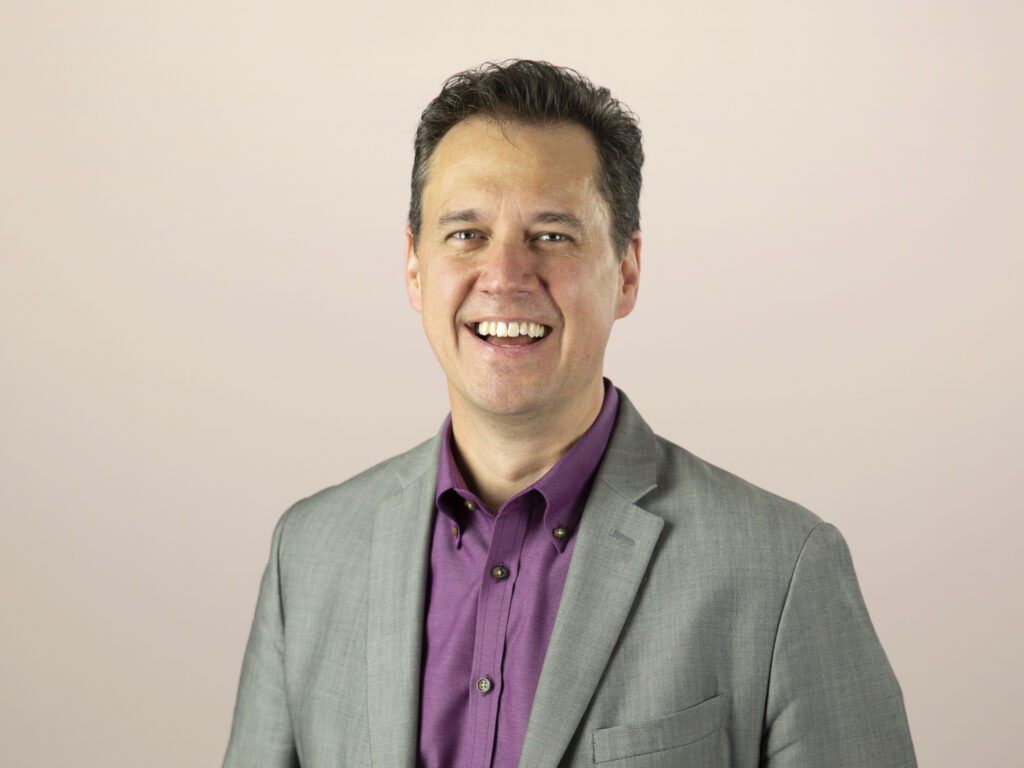Go Ask Oprah: The ‘O’ Comes to Alexa
Hearst magazines announced last week that Amazon Alexa users could invite Oprah — or at least her voice — into their homes. Fans of the media personality, which includes just about everyone, can ask Alexa to play a quote recorded by Oprah from her 2014 book What I Know For Sure. A different quote will play each day. Other than the fact that the whole thing promotes the book, there are no other sponsors yet. Though that can easily change, see my post on the rise of ads on voice interfaces a few weeks ago. Hearst and Amazon not are exchanging money in the deal, though honestly you could make an argument for both sides to believe the other should pony up some earnest money. After all, this is Oprah. And it's Amazon. When two big brands collide, you never know which one has the most leverage. Evidently they've decided to postpone resolving that question.
For now there is no intelligence applied to the process and that is the big missing piece. There are about 90 quotes that Oprah has recorded, a different one will play each day. The real potential here is when the Oprah skill adds a bare minimum of artificial intelligence. Imagine coming home and asking Oprah for words of wisdom based on your needs in the moment. "Alexa, ask Oprah for help with raising my teenager," or "Alexa, ask Oprah how to reignite my love life," or "Alexa, ask Oprah what special gift I should get my sister for her birthday."
Oprah Magazine has a vault of content that could answer each of those question. It would only take a modest parsing of that content into key phrases and concepts. By taking your request for advice into the cloud and matching it conceptually against its vast library, Hearst could easily respond with a small but targeted answer. It might start with a direct quote from Oprah, cobbled together from a library of pre-recorded phrases and words that she has prepared. "Sounds like you're having a tough day with your teen," Oprah might start. "You know, in my 2014 book What I know For Sure, I wrote, …[insert some appropriate recorded snip from the book here]. Just remember that and it might help you get through the day. Meanwhile, I've had my assistants look up a few articles that we've published in the past about this exact topic, let me read you the summaries."
The synthesized Oprah voice would then read the extracted summary of the three best-matching articles and then pause to ask, "Would you like me to send one of those articles to your email for you to read later?"
The amount of machine intelligence needed to do this is already available off the shelf. But it's also just a beginning point for the more important stage of these personality-rich digital assistants. Because add enough intelligence to the interface — including the natural language processing capabilities of Alexa — and suddenly you can actually talk to Oprah about your problems and she can offer not just summaries, but relevant responses, in her own voice. This is technically possible today, though will not be satisfying yet. But in 2018 a version of this will be possible, within topic boundaries that Hearst can set. Then, it gets really interesting in 2018 and beyond when after you get used to asking Oprah for advice, you then start giving Oprah/Alexa permission to continuously listen in to your personal conversations, to read your email, track your fitness habits, and even sense the distress and tension in your voice. That way Oprah can add that context not just when "she" responds to your questions, but proactively, at moments when it's clear that you need Oprah's advice but haven't asked for it. Easy back of the envelope estimate for how many people would invite Oprah into their lives? The freemium version would easily attract 20 million users, nearly 10X the circulation of Oprah magazine today. The paid user base should end up exceeding the magazine subscribers by at least 2X, up to 5 millions users. You could charge users of the assistant $2 or $3 a month, depending on how well developed it is. It's a decent business model and one that more than justifies the effort, even if we can't yet project how the sponsors will fit in down the road — though you know they will.
Surprised that I have such an elaborate plan for Oprah's future media brand? You shouldn't be. I already predicted this, years ago, when I wrote about what I called "Oprah 2.0" in my book Digital Disruption. You could see this coming even back then, but now the technology is positioned for it and the interests of big companies like Amazon and Hearst are aligned to make it happen. Get ready for All O, All The Time!
_________
James McQuivey, Ph.D., is a vice president and principal analyst at Forrester. In his career he successfully predicted the commercialization of the Internet, the rise of online retail, and the arrival of Amazon Echo. He is also the author of Digital Disruption.
